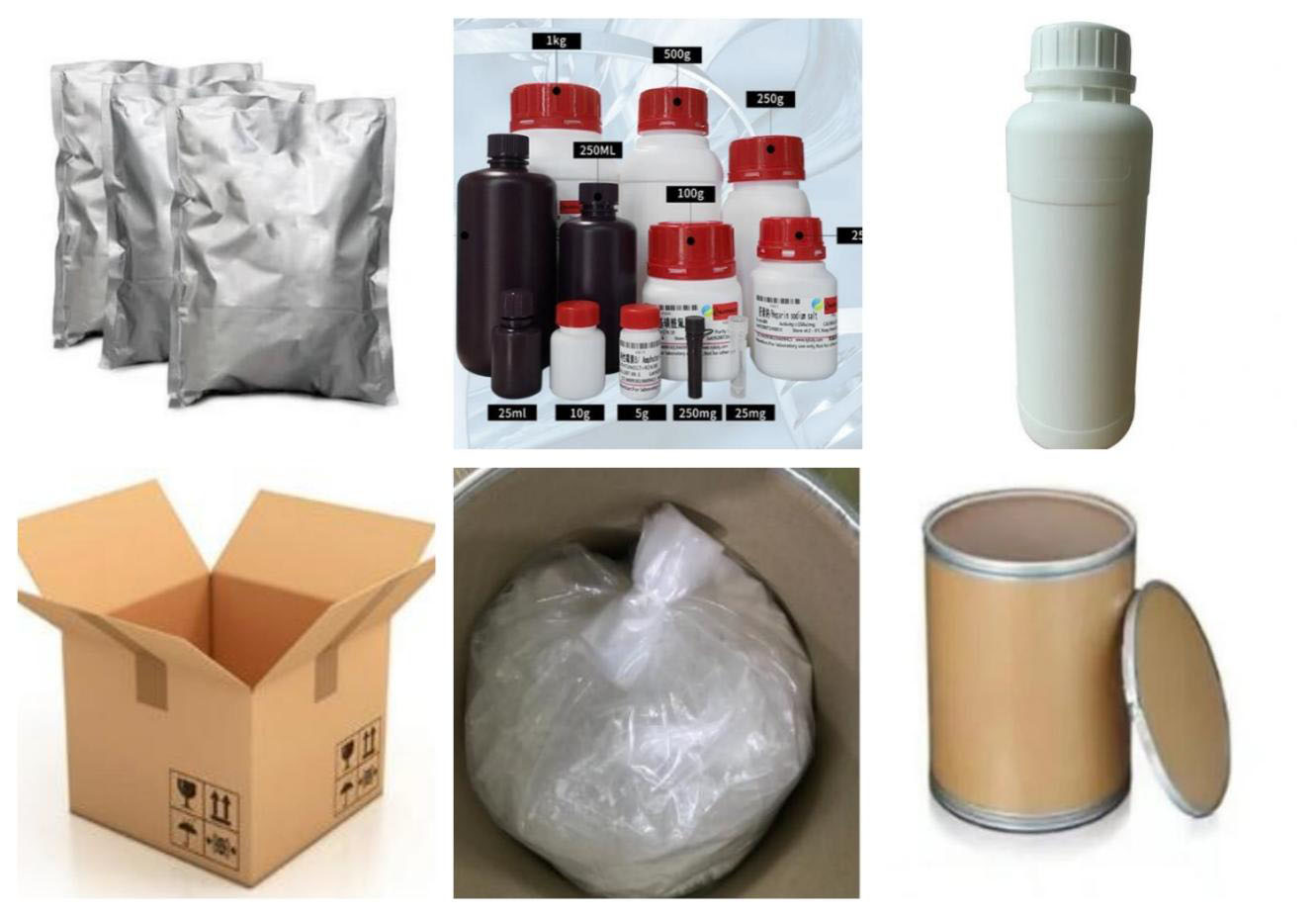Application and Effect
PIPES (piperazine-1,4-bisethanesulfonic acid) is a zwitterionic buffering compound primarily used in biological and biochemical research. It has several important features and applications, including: pH buffering agent: PIPES is an effective buffer that helps maintain a stable pH range in various biological experiments. It is commonly used in cell culture media, enzyme assays, and molecular biology applications. High buffering capacity: PIPES has a good buffering capacity within a pH range of 6.1 to 7.5, making it suitable for maintaining stable pH conditions in a wide range of biological systems. Minimal interaction with biomolecules: PIPES is known for its low interference with biochemical processes and minimal binding to proteins and enzymes, making it ideal for maintaining the integrity and activity of biomolecules. Suitable for temperature-dependent assays: PIPES is able to retain its buffering properties over a wide temperature range, including both physiological and elevated temperatures. This makes it suitable for experiments requiring stability and precision in varying temperature conditions. Electrophoresis applications: PIPES is commonly used as a buffer in gel electrophoresis techniques, such as RNA or DNA agarose gel electrophoresis, due to its low UV absorbance and high conductivity properties. Drug formulation: PIPES is also employed in pharmaceutical formulation as a buffering agent, providing stability and maintaining the optimal pH for drug effectiveness.Product Packing:

Additional Information:
| Composition | C8H18N2O6S2 |
| Assay | 99% |
| Appearance | White powder |
| CAS No. | 5625-37-6 |
| Packing | Small and bulk |
| Shelf Life | 2 years |
| Storage | Store in cool and dry area |
| Certification | ISO. |
